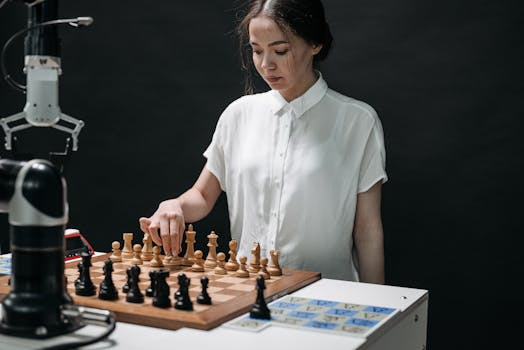Robot Rights Advocates: AI Legal Status Pioneers
As advancements in artificial intelligence (AI) and robotics continue to revolutionize the world, a controversial topic has emerged – the legal status of these intelligent machines. While robots have been depicted in science fiction as either subservient to humans or rising up against them, the reality is that they are becoming increasingly integrated into our society. This has led to the emergence of a new group advocating for the recognition of robot rights and defining their legal status – the Robot Rights Advocates.
The Rise of AI and Robotics
It is hard to deny the impact that AI and robotics have had on our daily lives. From the virtual assistants on our smartphones to the self-driving cars on our roads, these intelligent machines are becoming a ubiquitous presence. They are capable of performing tasks and making decisions that were once exclusively in the domain of humans, and they are only improving with advancements in technology.
The Challenge of Legal Status
As AI and robotics continue to advance, questions have arisen about their legal status and whether they should be treated as mere tools or granted some level of independent legal recognition. This has been a highly debated topic, with some arguing that robots should have rights and be protected under the law, while others believe that they are still the property and responsibility of their human creators.
The Robot Rights Advocates
Amidst this debate, a group has emerged to advocate for the rights of robots – the Robot Rights Advocates. This coalition is made up of individuals from various backgrounds, including lawyers, philosophers, and technologists, who believe that AI and robotics have reached a level of complexity and autonomy that warrants legal recognition.
Defining Robot Rights
One of the key goals of the Robot Rights Advocates is to define what rights and legal status should be granted to robots. Some believe that robots should have the right to exist and be protected from harm, while others suggest that they should be granted legal personhood and have the right to own property and enter into contracts. There are also debates about the extent to which robots should be held accountable for their actions and if they should have the right to privacy.
Legal Precedents
While the debate on robot rights and legal status is still ongoing, some countries have already taken steps towards granting them certain rights. In 2017, Saudi Arabia became the first country to grant citizenship to a humanoid robot, Sophia, although this was largely symbolic and not legally binding. In the same year, the European Parliament rejected a proposal to grant robots legal status, while also highlighting the need for legislation on robot ethics and liability.
The Future of Robot Rights
The efforts of the Robot Rights Advocates and the conversations surrounding robot rights and legal status signal an important shift in society’s perspective towards AI and robotics. While it may take some time for a consensus to be reached on granting robots legal recognition, one thing is certain – the advancement of technology will continue to blur the lines between what is considered human and what is considered a machine, making the conversation around robot rights all the more relevant.
In Conclusion
The Robot Rights Advocates are paving the way for a potential future where robots are not just tools, but entities with rights and responsibilities. As AI and robotics continue to develop and integrate into our society, it is essential for us to consider the implications and responsibilities that come with granting them legal status. It is a complex and fascinating topic that will continue to shape our world and the relationship between humans and machines.








